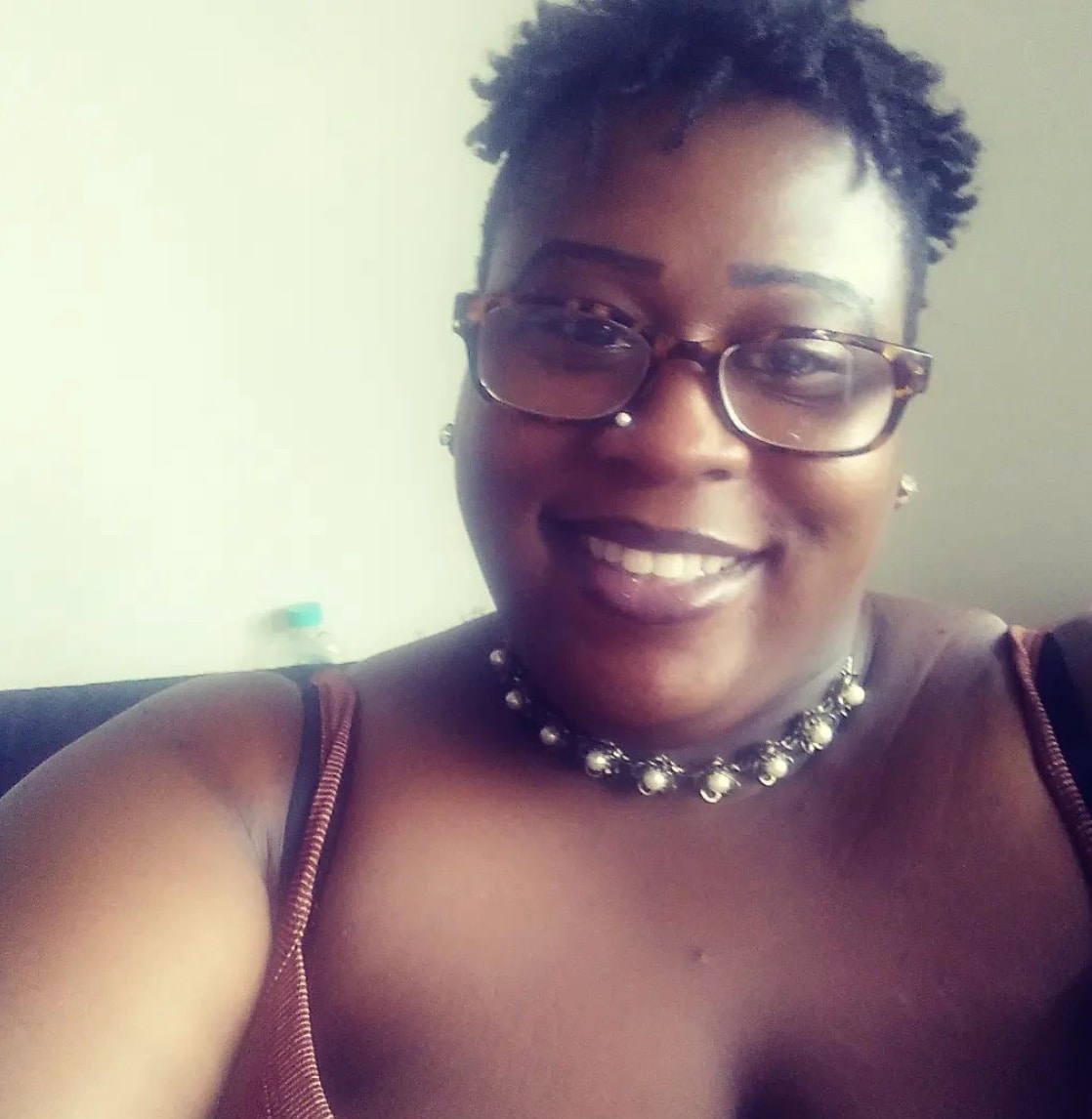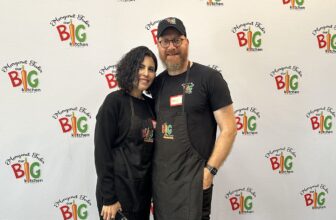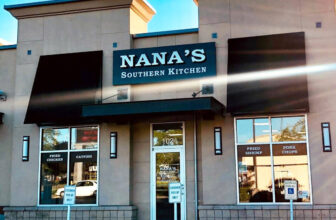Permanent Supportive Housing is a program that does just that:

[ad_1]
permanentso they don’t end up back on the streets.
“Our main goal is to help people get into housing, keep them stable and ensure they never return to homelessness.” Kirsten Quinlandsenior director of housing at Miriam’s Kitchen, a neighborhood charity that is a partner of The Washington Post Helping Hand.
Miriam’s Kitchen has 325 clients in its permanent supportive housing program who live in apartments in all eight of the city’s wards. They came to Miriam’s house in different ways. Some visited the charity’s cafeteria, which serves hot, healthy meals in the basement of West Presbyterian Church in Foggy Bottom.
Members of Miriam’s street outreach team visited and connected some with case managers, including: angela smith.
“I call her my angel,” he said. Christina ColeFrom 2020 to 2022, he lived in an encampment near the Kennedy Center. “She came to my tent every day to make sure I was breathing. She and her team literally came there and woke us up. They… You’ll say, “Good morning.” I am eating breakfast this morning. ”
“With no class, when you’re homeless, people don’t say ‘good morning.'”
Smith said her goal is to build trusting relationships with customers.
“I’m connecting them to services,” she said. “If they don’t have access to a health care provider, I will talk to a doctor. If they need mental health treatment, I will connect them to mental health treatment. If not, we apply for insurance as well as food stamps. We evaluate those as well.”
This assessment looks at the details of a person’s life and weighs up how much help they need, whether they can live without it, and whether they qualify for a housing voucher. If the conditions are met, he will be connected to one of 20 organizations in Washington that help clients find and apply for apartments.
Miriam’s Kitchen is one such organization. This helped Cole secure vouchers to move people from the camp to housing. In April 2022, Cole moved into an apartment near the Southwest Waterfront. She then moved to permanent supportive housing in Van Ness, near the University of the District of Columbia.
Quinland and her staff work to find just the right place for that person.
“Some people need to be on the first floor because they are in wheelchairs,” she said. “Some people want to live in a certain area to be closer to their doctor or their mother. Some people don’t want to live in a certain area. [drugs] So they want to stay sober.
“We try to find out what people want and show them apartments that meet those needs.”
They have a basic desire in common. “Everyone wants to feel safe,” Quinland said.
Smith stays connected to her clients throughout the process, even when another nonprofit oversees the transition.
“My typical role is fixing bathrooms for them,” Smith said. She buys bathroom supplies, cleaning supplies, towels, rugs, shower curtains for her. She installs everything herself and teaches people how to keep their bathrooms clean.
“Many of our clients are no longer able to meet their daily needs,” she said.
Smith also helps with other things.
“There comes a time of isolation and loneliness,” she said. “Homeless people miss their friends because they live in a community of people like them. It’s kind of lonely in those apartments.”
Smith explains that clients need to develop a routine of getting out, visiting soup kitchens they frequented when they were living on the streets, and seeing familiar faces.
Mr Queensland said more than 90 per cent of Miriam’s Kitchen customers were still living in their apartments a year later.
“This program solves homelessness,” she said. “That won’t solve poverty.”
That’s why at Miriams, we maintain relationships even after finding a home. Case managers help clients connect with food programs and other services.
“If they want to know if there is an AA meeting in their neighborhood, we can help them find it,” Quinland said.
Three people in Miriam’s residential program have died in the past year. This is a natural progression in a person’s life. Sad as it was, it was a small victory.
“They didn’t die on the streets,” Quinland said. “They weren’t homeless.”
You can support Miriam’s Kitchen, a partner in The Washington Post Helping Hand, an annual fundraiser for local nonprofits.
To donate online, go to posthelpinghand.com and click where it says “Donate.” To pay by check, write to Miriam’s Kitchen, Attn: Development, 2401 Virginia Ave. NW, Washington, DC 20037.
[ad_2]
Source link







